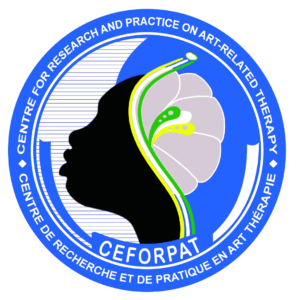A Pragmatic Appraisal of Political Discourse on the Cameroon Anglophone Crisis (2016-2020). Get the full PDF
Kohole Peukeu Carine, Seino Evangeline Agwa Fomukong & Atoh Julius Chenwi …..…114-132
This paper investigates the use of pragmatic features in speeches delivered by
the former Prime Minister of Cameroon (Philemon Yang) on the Anglophone
Crisis in Cameroon. With the help of Searle (1969) Speech Act theory, we found
out that, the speeches comply with illocutionary acts. Data was collected from
the Prime Ministry, Cameroon Tribune and Google and consist of one hundred
and fourteen (114) utterances. Using a checklist, we identified the utterances
and classified them into different types of illocutionary acts and bringing out
their functions. The utterances performed illocutionary acts of directives
(requesting, ordering, advising, inviting, warning, questioning, forbidding),
assertives (asserting, reporting, clarifying, stating, informing, boasting,
claiming, describing), expressives (deploring, congratulating, thanking),
commissives (promising) and declaratives (declaring). Of these illocutionary
acts, assertives were sixty (60) in number and covered the highest percentage of
52.63% and the acts represent the ideologies of the speaker which are the call
for peace, the dropping of guns by the boys, the resumption of schools, the call
to vote for the ruling party the CPDM (Cameroon people’s Democratic
Movement), and the stop of violence. It was recommended that, in order to
completely put an end to the current Anglophone crisis that erupted since 2016,
the representatives of the government like Philemon Yang and others should try
in their subsequent visits to the North West and South West Regions to make
speeches that will contain more illocutionary act of expressives with functions
of forgiving, apologising, deploring, regretting, directives with functions like
appealing, begging and commissives with function of offering. Through these
illocutionary acts and their functions, the populace will get their ideologies, and
gradually calm may return and a platform for a genuine and inclusive dialogue
will be established so that the problem can be completely resolved.
Key words: Pragmatics, Anglophone crisis, political discourse, illocutionary act.
